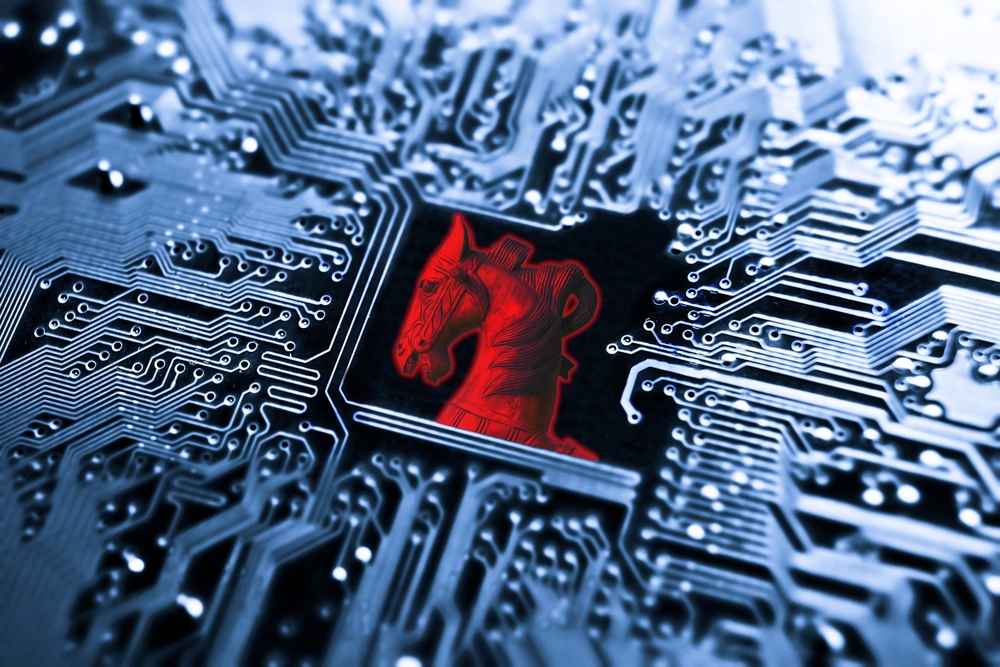Understanding the Key Differences Between Trojan Horses and Computer Viruses
Learn the main differences between Trojan horses and computer viruses, including their threats, methods of spread, and effective prevention strategies. This guide helps users understand malware distinctions and take appropriate security measures to protect their systems from malicious attacks.

Distinguishing Trojan Horses from Computer Viruses
Many people confuse computer viruses and worms, believing they are the same. Similarly, a Trojan horse is often mistaken for a virus, leading some to think installing antivirus software will handle all threats. In reality, malware, spam, viruses, and Trojan horses are distinct threats that disrupt normal computer operations. To safeguard your system effectively, it's crucial to understand the fundamental differences between Trojan horses and viruses, as each requires specific security measures.
What is a computer virus?
A virus is a malicious code that attaches itself to files or programs and spreads between devices. Without strong security systems, viruses can infect multiple devices, causing varying levels of damage—from minor file corruption to total hardware destruction. Viruses often enter systems via email attachments or USB drives but remain dormant until activated by user action.
What is a Trojan horse?
Unlike viruses, Trojan horses disguise themselves as helpful software but carry hidden malicious intent. They damage systems once installed, often tricking users into opening them. Some cause minor issues like changing desktop backgrounds, whereas others can compromise critical information or open backdoors for remote attackers. Trojans do not replicate like viruses, limiting their spread but increasing their potential harm when present.
Preventive tips for viruses and Trojans
Protecting your device from malware requires proactive steps.
Use comprehensive security software Modern antivirus solutions offer protection against malware, including viruses and Trojans. Look for programs that provide internet security along with malware and spyware defenses. Leading options include Kaspersky, Norton, Bitdefender, and Avast, which are reliable choices for safeguarding your device.
Keep your system current Regularly update your operating system and software patches to close security loopholes. Windows users especially need to stay current, as outdated versions are vulnerable to attacks.
Activate your firewall Enable your system firewall and review app permissions to prevent unauthorized access. This adds an extra security layer against malware threats.
Despite taking prevention measures, infections can still occur. If your device gets infected, it's advisable to wipe and reformat the system immediately to prevent further damage or data leaks. Using an infected device can compromise sensitive information and cause additional harm.










